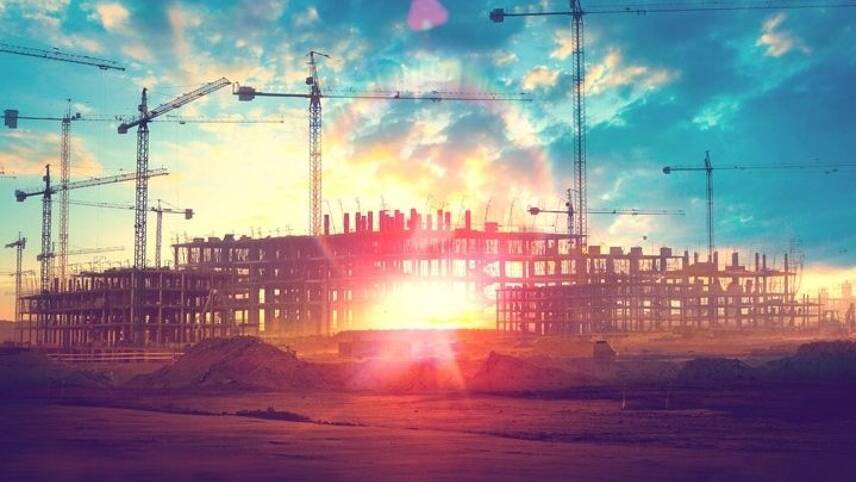Register for free and continue reading
Join our growing army of changemakers and get unlimited access to our premium content

The commitment also requires signatories to ensure that all of their buildings produce net-zero operational emissions by 2050 at the latest, and to encourage their peers across the built environment sector to set the same ambitions. Signatories are also tasked with calling for stronger emissions targets for the sector from policymakers, alongside dedicated support packages and legal frameworks.
Mott MacDonald had already committed to delivering carbon neutral operations by the end of 2020 and to only occupy buildings classed as net-zero on an operational basis within a decade. It is adopting a three-pronged approach to reaching these targets, covering energy efficiency, renewable energy and offsetting.
The business’s executive director for external engagement Denise Bower said that signing the WorldGBC’s commitment would further help it to “take a position of leadership”.
“We have decided… to use our knowledge, ingenuity and influence to help the world successfully transition to a low-carbon future,” Bower said. “Our support for the Commitment is a key milestone and a promise that we want to progress on this journey together with our clients.”
With the new signatories, the Commitment has now garnered the support of more than 100 organisations, up from 50 organisations this time in 2019. The supporting cohort collectively represents more than 6,000 buildings and $100bn in annual turnover.
According to WorldGBC, if all the signatories of the commitment meet its aims, 3.4 million tonnes of CO2e emissions will be mitigated by 2030.
The other new signatories are investment firms Tritax Big Box and QIC Global Real Estate; consultancy Bioconstrucción y Energía Alternativa and aluminium and steel manufacturer United Metal Coating. All of them have also enlisted in The Climate Group’s EP100 initiative.
Building back greener
In related news, a new report published today (20 August) has united experts from across the UK’s construction sector in a call for a ‘clean recovery’ from Covid-19.
Entitled ‘An Electric Decade in Construction’, the report asked industry experts representing 13 organisations for their thoughts on the UK government’s pandemic recovery package and their predictions around trends that will shape the industry across the next decade.
On the former, there was a consensus that it is vital that the government embeds considerations around climate change, nature and social sustainability in its mission to “build, build, build”. Interviewees were particularly keen to see stricter climate, air and noise pollution targets for the construction sector, in addition to further funding for low-carbon materials, systems and technologies.
Among the interviewees were representatives from Wilmott Dixon, Colas Group and the Nordic Construction Company.
As for future predictions, four key levers for decarbonisation through to 2030 were agreed upon: speed, net-zero targets, a renewed focus on safety and pollution, and simplifying methods.
Aside from the business contributors, UK Research and Innovation’s (UKRI) deputy challenge director for transforming construction, Mike Pitts, was also interviewed. In a recent interview with edie, he touted the benefits of a platform-based approach, whereby the same digital platform is used for all components (windows, doors, and so on) and for all parts of the building life-cycle, from design to deconstruction. Such an approach is now being trialled by the government and by Landsec.
“In the past, the construction industry has been somewhat reluctant to make use of the latest innovations… but times of crisis can often lead to rapid change,” Pitts said. “Recovery from Covid-19 could accelerate the adoption of technology to help speed up construction processes.”
The report has been developed and published by battery designer and manufacturer Hyperdrive Innovation.
Sarah George


Please login or Register to leave a comment.